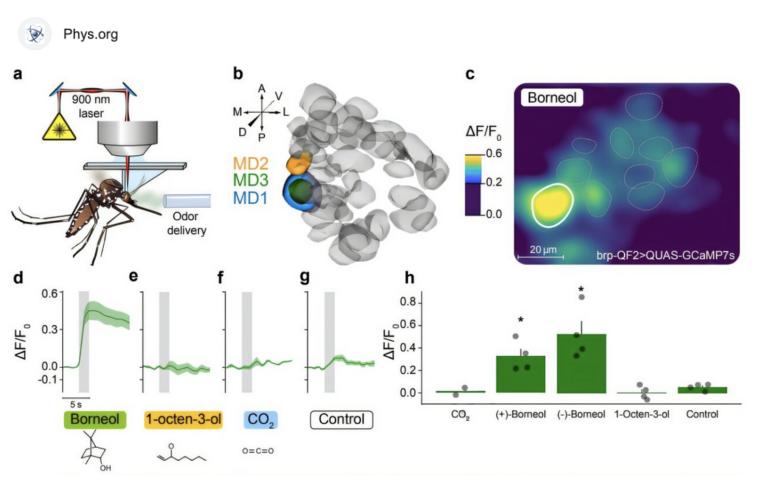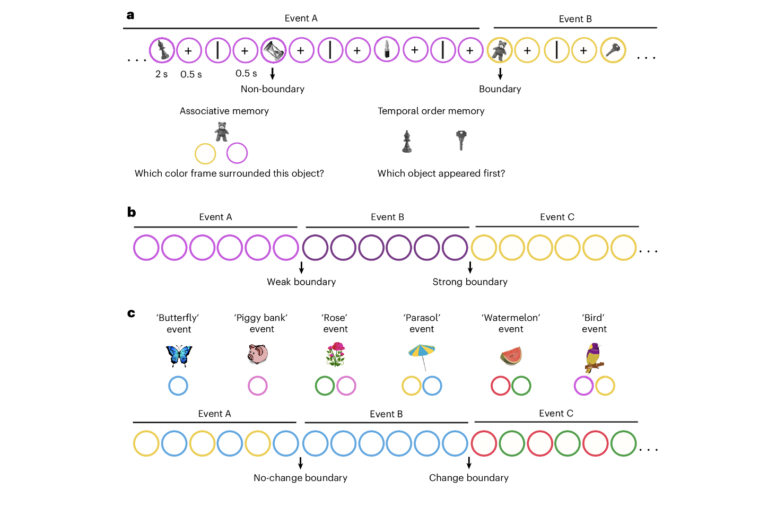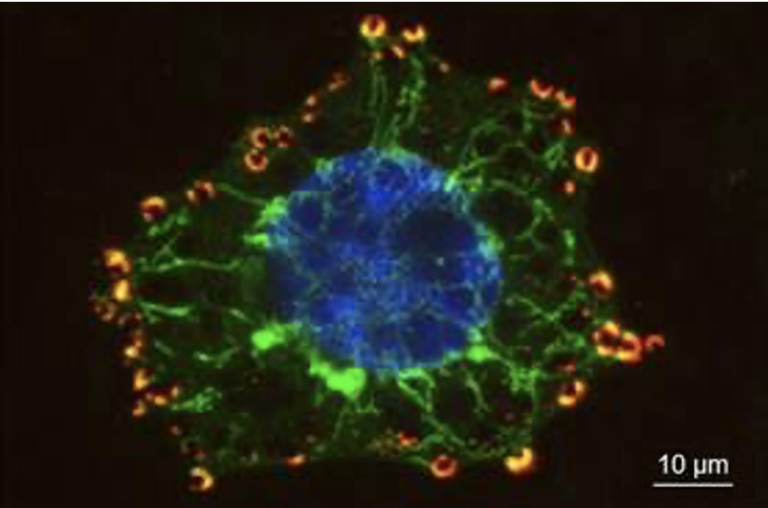[:fr]Quel aliment provoque le taux le plus élevé de sucre dans le sang ? Un sushi ou une glace à la crème ? Selon une recherche menée à l’Institut Weizmann, et publiée dans le numéro du 19 novembre 2015 de la revue Cell, la réponse varie d’une personne à l’autre. Cette recherche, qui a accumulé les données du taux de sucre dans le sang de 800 personnes pendant une semaine sans interruption, a montré que la réaction du corps à la nourriture est dans l’ensemble une chose individuelle.
Cette étude, intitulée Personalized Nutrition Project (programme personnalisé de nutrition), a été menée par le groupe du Pr Eran Segal, du département d’Informatique et de mathématiques appliquées, et par celui du Dr Eran Elinav du département d’Immunologie. Le Pr Segal explique : « Nous avons concentré notre travail sur le sucre dans le sang parce que lorsqu’il atteint un niveau élevé, il devient un important facteur de risque pour le diabète, l’obésité et le syndrome métabolique. Les grandes différences que nous avons trouvées dans l’augmentation du taux de sucre dans le sang de personnes ayant pris des repas identiques expliquent pourquoi une nourriture personnalisée offre plus de chances de rester en bonne santé que les conseils d’un régime standard. »
Les chercheurs ont en effet découvert que chaque personne réagit de manière différente à des repas simples ou à des repas élaborés. Par exemple, le taux de sucre dans le sang de nombreux participants a nettement augmenté après un repas standard contenant du glucose, mais chez beaucoup d’autres, une forte augmentation du taux de glucose dans le sang a été provoquée par quelques tranches de pain blanc, mais pas par la consommation de glucose. Le Dr Elinav dit ceci : « Dans cette recherche, notre objectif a été de trouver quels sont chez chaque individu les facteurs à la base des réactions du glucose du sang aux aliments. Nous avons utilisé ces données pour développer des recommandations alimentaires personnalisées pouvant aider à prévenir et à traiter l’obésité et les diabètes qui sont parmi les plus graves épidémies dans l’histoire de l’humanité. »
Deux doctorants du laboratoire du Pr Segal, David Zeevi et Tal Korem, ont dirigé cette recherche. Ils ont collaboré avec le Dr Nir Zmora, un médecin qui prépare un doctorat dans le laboratoire du Dr Elinav, avec la doctorante Daphna Rothschild, et la Dr Adina Weinberger, associée de recherche dans le laboratoire du Pr Segal. Cette recherche est remarquable par son envergure et par le fait qu’elle comprend les analyses des microbes d’intestins, connus sous le nom de microbiome, dont on sait maintenant qu’il joue un rôle important dans la santé humaine. Les volontaires participant à cette recherche ont été équipés de petits moniteurs mesurant continuellement le taux de sucre dans le sang. On leur a demandé de noter tout ce qu’ils mangeaient, et d’autres facteurs de leur vie comme les heures de sommeil et d’activité physique. Les chercheurs ont évalué les réactions de l’ensemble des volontaires sur plus de 46 000 repas…
Lire la suite dans Israël Science Info N°18 version papier, cliquez sur Je m’abonne[:en]
Which is more likely to raise blood sugar levels: sushi or ice cream? According to a
Weizmann Institute study reported in the November 19 issue of the journal
Cell, the answer varies from one person to another. The study, which continuously monitored blood sugar levels in 800 people for a week, revealed that the bodily response to all foods was highly individual.
The study, called the Personalized Nutrition Project (
www.personalnutrition.org), was conducted by the groups of
Prof. Eran Segal of the Computer Science and Applied Mathematics Department and
Dr. Eran Elinav of the Immunology Department. Segal said: “We chose to focus on blood sugar because elevated levels are a major risk factor for diabetes, obesity and metabolic syndrome. The huge differences that we found in the rise of blood sugar levels among different people who consumed identical meals highlights why personalized eating choices are more likely to help people stay healthy than universal dietary advice.”
Indeed, the scientists found that different people responded very differently to both simple and to complex meals. For example, a large number of the participants’ blood sugar levels rose sharply after they consumed a standardized glucose meal, but in many others, blood glucose levels rose sharply after they ate white bread, but not after glucose. Elinav: “Our aim in this study was to find factors that underlie personalized blood glucose responses to food. We used that information to develop personal dietary recommendations that can help prevent and treat obesity and diabetes, which are among the most severe epidemics in human history.”
David Zeevi and Tal Korem, PhD students in Segal’s lab, led the study. They collaborated with Dr. Niv Zmora, a physician conducting PhD studies in Elinav’s lab, and with PhD student Daphna Rothschild and research associate Dr. Adina Weinberger from Segal’s lab. The study was unique in its scale and in the inclusion of the analysis of gut microbes, collectively known as the microbiome, which had recently been shown to play an important role in human health and disease. Study participants were outfitted with small monitors that continuously measured their blood sugar levels. They were asked to record everything they ate, as well as such lifestyle factors as sleep and physical activity. Overall, the researchers assessed the response of different people to more than 46,000 meals.
Taking these multiple factors into account, the scientists generated an algorithm for predicting individualized response to food based on the person’s lifestyle, medical background, and the composition and function of his or her microbiome. In a follow-up study of another 100 volunteers, the algorithm successfully predicted the rise in blood sugar in response to different foods, demonstrating that it could be applied to new participants. The scientists were able to show that lifestyle also mattered. The same food affected blood sugar levels differently in the same person, depending, for example, on whether its consumption had been preceded by exercise or sleep.
In the final stage of the study, the scientists designed a dietary intervention based on their algorithm; this was a test of their ability to prescribe personal dietary recommendations for lowering blood glucose level responses to food. Volunteers were assigned a personalized “good” diet for one week, and a “bad” diet – also personalized – for another. Both good and bad diets were designed to have the same number of calories, but they differed between participants. Thus, certain foods in one person’s “good” diet were part of another’s “bad” diet. The “good” diets indeed helped to keep blood sugar at steadily healthy levels, whereas the “bad” diets often induced spikes in glucose levels —all within just one week of intervention. Moreover, as a result of the “good” diets, the volunteers experienced consistent changes in the composition of their gut microbes, suggesting that the microbiome may be influenced by the personalized diets while also playing a role in participants’ blood sugar responses.
The scientists are currently enrolling Israeli volunteers for a longer-term follow-up dietary intervention study that will focus on people with consistently high blood sugar levels, who are at risk of developing diabetes, with the aim of preventing or delaying this disease. To learn more, please visit www.personalnutrition.org.
Also participating in this research were Orly Ben-Yacov, Dar Lador, Dr. Tali Avnit-Sagi, Dr. Maya Lotan-Pompan, Elad Matot, Gal Malka, Noa Kosower, Michal Rein and Rony Bikovsky in Segal’s lab; Jotham Suez, Jemal Ali Mahdi, Gili Zilberman-Schapira, Lenka Dohnalova and Dr. Meirav Pevsner-Fischer in Elinav’s lab; Dr. David Israeli of the Jerusalem Center for Mental Health; and Prof. Zamir Halpern of the Tel Aviv Sourasky Medical Center.
[:]








